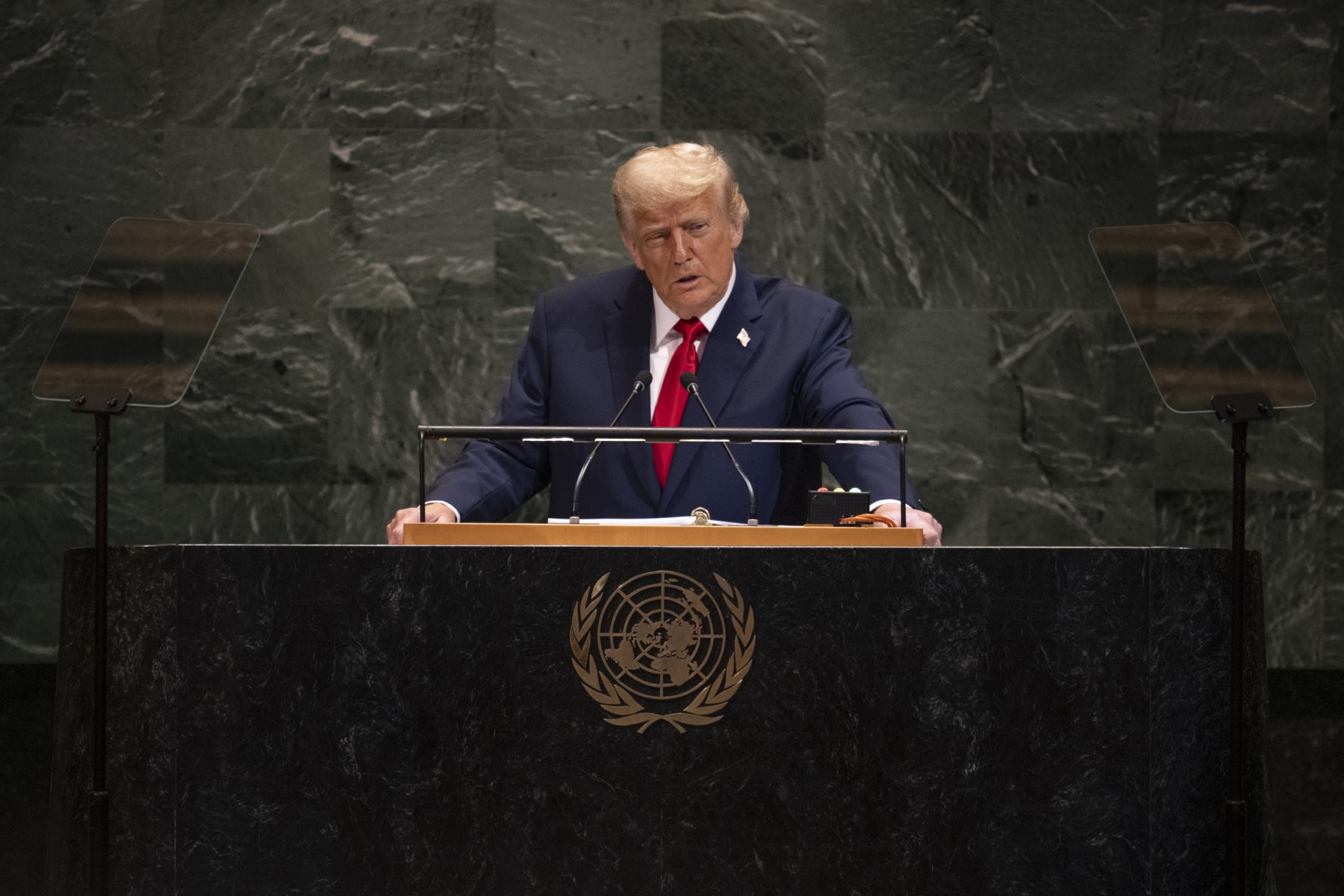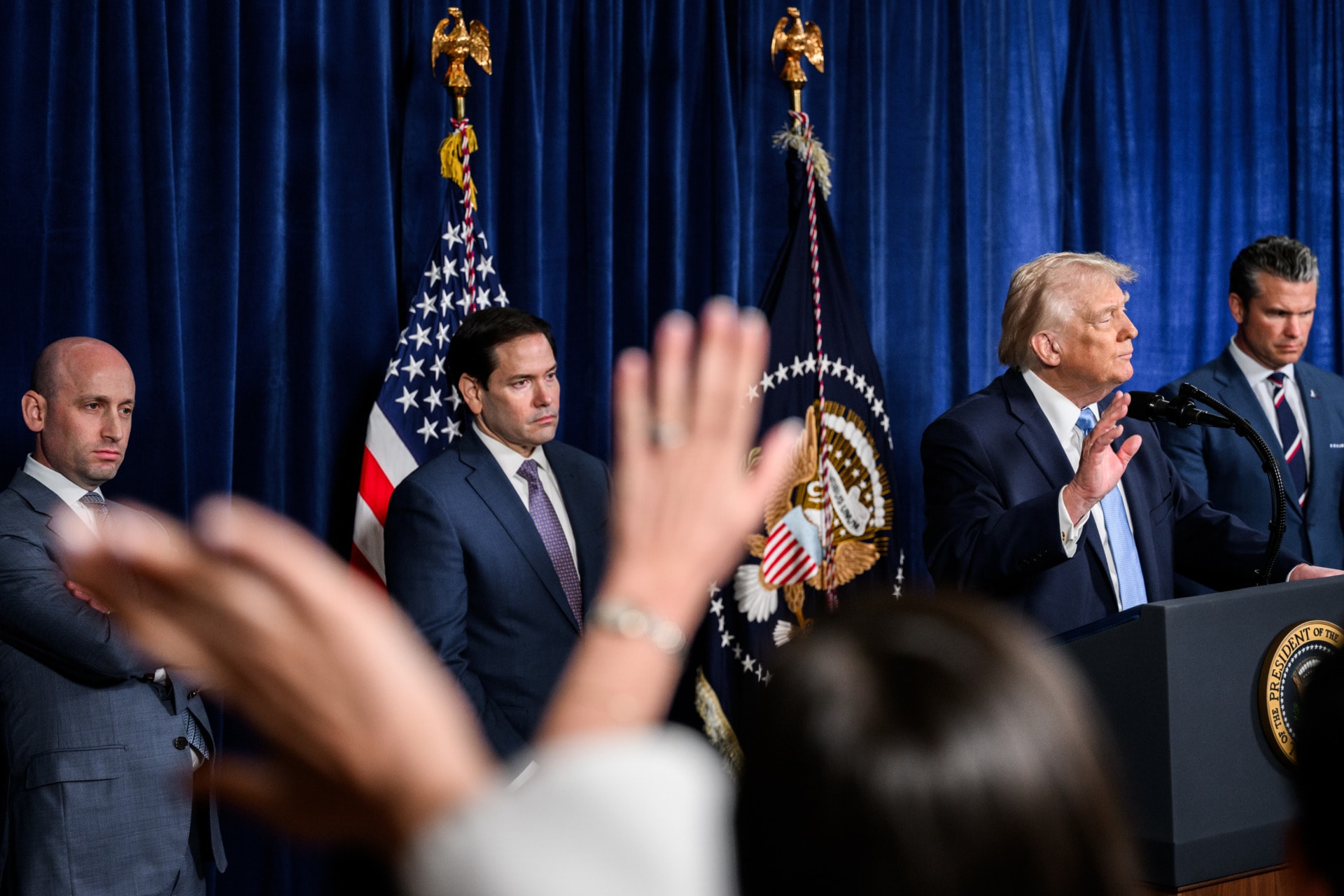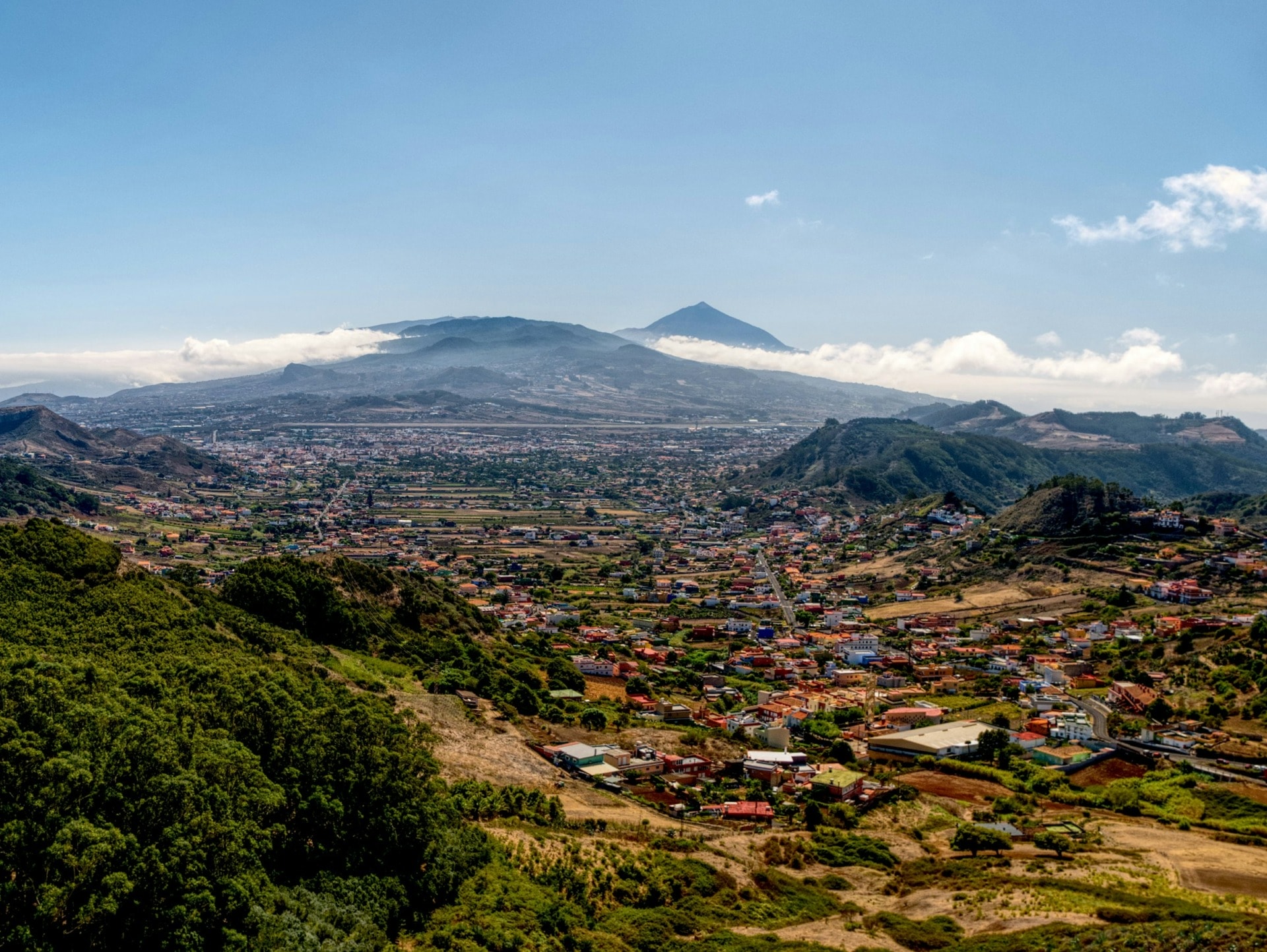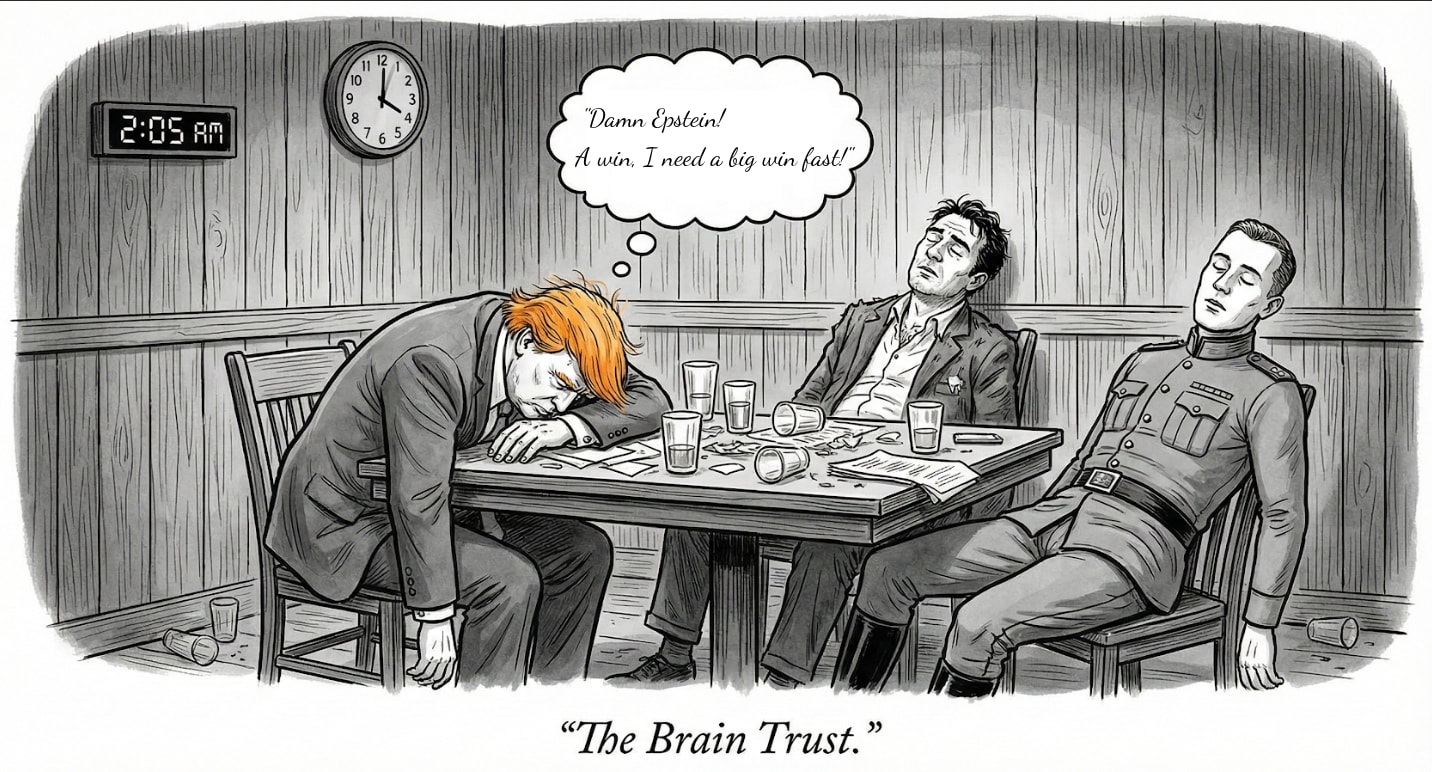The International Criminal Court (ICC) has issued an arrest warrant for Russian President Vladimir Putin, effectively putting him on notice that his war crimes will not go unpunished. Yet, beyond the symbolic meaning of the court’s decision, it is doubtful that any tangible consequences will come from it.
Putin and Maria Alekseyevna Lvova-Belova, the Presidential Commissioner for Children’s Rights, are allegedly responsible for the unlawful deportation of children from Russian-occupied territory in Ukraine to Russia. Hundreds of children have been put up for adoption in Russia and sent to “re-education” camps, according to the Yale Humanitarian Research Lab.
Russia has tried to paint the deportation as a humanitarian act to evacuate children from the front lines where danger is imminent. Yet, the framework installed by the government is tailored to prolong the stay of these children, fast-tracking their Russian citizenship and cutting ties between them and their families.
“Meaningless” Warrant?
This is the first warrant issued by the International Court for Putin’s war crimes since his invasion of Ukraine. Unfortunately, Putin will not see the inside of a courtroom any time soon, if ever.
Firstly, the ICC’s decision has no “meaning for [Russia], including from a legal point of view”, according to the Kremlin, as Russia is not a member state of the Rome Statute anymore after withdrawing in 2016 when the ICC classified Moscow’s annexation of the Crimea Peninsula as an armed conflict.
Additionally, Russia’s constitution bans extradition, rendering the warrant “void” in Russia.
The warrant is only valid in the 123 member states that are obliged to detain and transfer Putin to the Hague if he enters the country.
However, Putin is not stupid: “he’s not going to travel abroad to a country where he might be arrested”, said Iva Vukusic, assistant professor of history at Utrecht University.
Although this makes Putin’s world even smaller, it is doubtful that he was planning to swim in the south of France or ski in Austria anytime soon.
Putin will not travel anywhere beyond the countries that are aligned with Russia, China and India, which happen not to be members of the ICC, which is very beneficial to Putin.
Related Articles: How Russia Aims to Stop Moldova’s Pro-Western Path | Georgia Caught Between Russia and the EU With Proposed ‘Foreign Agents’ Law | Will Russia Block or Renew the Black Sea Grain Deal?
Nonetheless, the ICC’s move carries a heavy connotation internationally, as this is only the third arrest warrant ever issued to sitting heads of state. Sudan’s former president Omar Al-Bashir and Libya’s Muammar Gaddafi were the only other leaders sharing the stage with Putin for the genocide in Darfur and crimes against humanity, respectively.
Neither of the heads of state was prosecuted while in power. Charges against Gaddafi were dropped after he was overthrown and killed in 2011, while Bashir was prosecuted in Sudan, where he now sits in prison, never arriving to the Hague courts.
Yet, while in office, Bashir has defied the ICC by travelling to several African and Arab countries, such as Chad, Djibouti, Jordan, Kenya and Malawi, all ICC member states, without being detained.
The question arises: what can we expect from Putin’s travels, then?
Military analyst Sean Bell has raised concerns, shared by many, that the arrest warrant could simply “stiffen [Putin’s] resolve” and prolong the war. The ICC’s decision could thus become a double-edged sword, condemning the War yet prolonging it.
International Response
The primary significance of the issued warrant is the international consensus that Putin’s actions in Ukraine are indeed war crimes, classifying him as a war criminal.
The warrant was received with enthusiasm by Ukraine’s President Volodymyr Zelenskiy, hoping it would be one of many.
On the American side, Biden has been cautious in applauding the ICC’s decision. Although he considers the warrant “justified”, he has not yet turned over key evidence of Putin’s war crimes to the ICC as the Pentagon pressures him to refrain from doing so.
The USA is infamously not a member of the ICC. They have consistently opposed joining an international court that could hold US military and political leads to a uniform global standard of justice.
In 2017, the chief prosecutor for the ICC began an investigation into the torture of detainees accused of terrorism under the George W. Bush administration. In response, the Trump administration quickly decided to overpower the international court, pressuring it to drop the investigation by imposing sanctions on the court’s personnel.
US Secretary of State at the time, Micheal Pompeo, also accused the Court of corruption and restricted the issuance of visas for certain individuals involved in the investigation.
It doesn’t come as a surprise that the Pentagon is reluctant to collaborate with the ICC, considering America’s previous tension with the Court.
The ICC’s decision comes three days before Chinese President Xi Jinping’s visit to Moscow. It is still unclear what the visit entails beyond photo ops and dinners. Still, the visit is significant as Putin is building his bloc of support, and China is at its core.
China has already positioned itself as a broker for peace with its 12 point-plan, but concrete steps towards peace talks have yet to take place.
Xi is now meeting with Putin, but he is also expected to hold a virtual meeting with Zelenskiy.
Let us hope for positive progress in the upcoming week, as Xi’s visit could help sway Putin towards peace rather than continued aggression with no clear outcome.
Editor’s Note: The opinions expressed here by the authors are their own, not those of Impakter.com — In the Featured Photo: Courtroom Gavel Featured Photo Credit: Sergei Tokmakov











